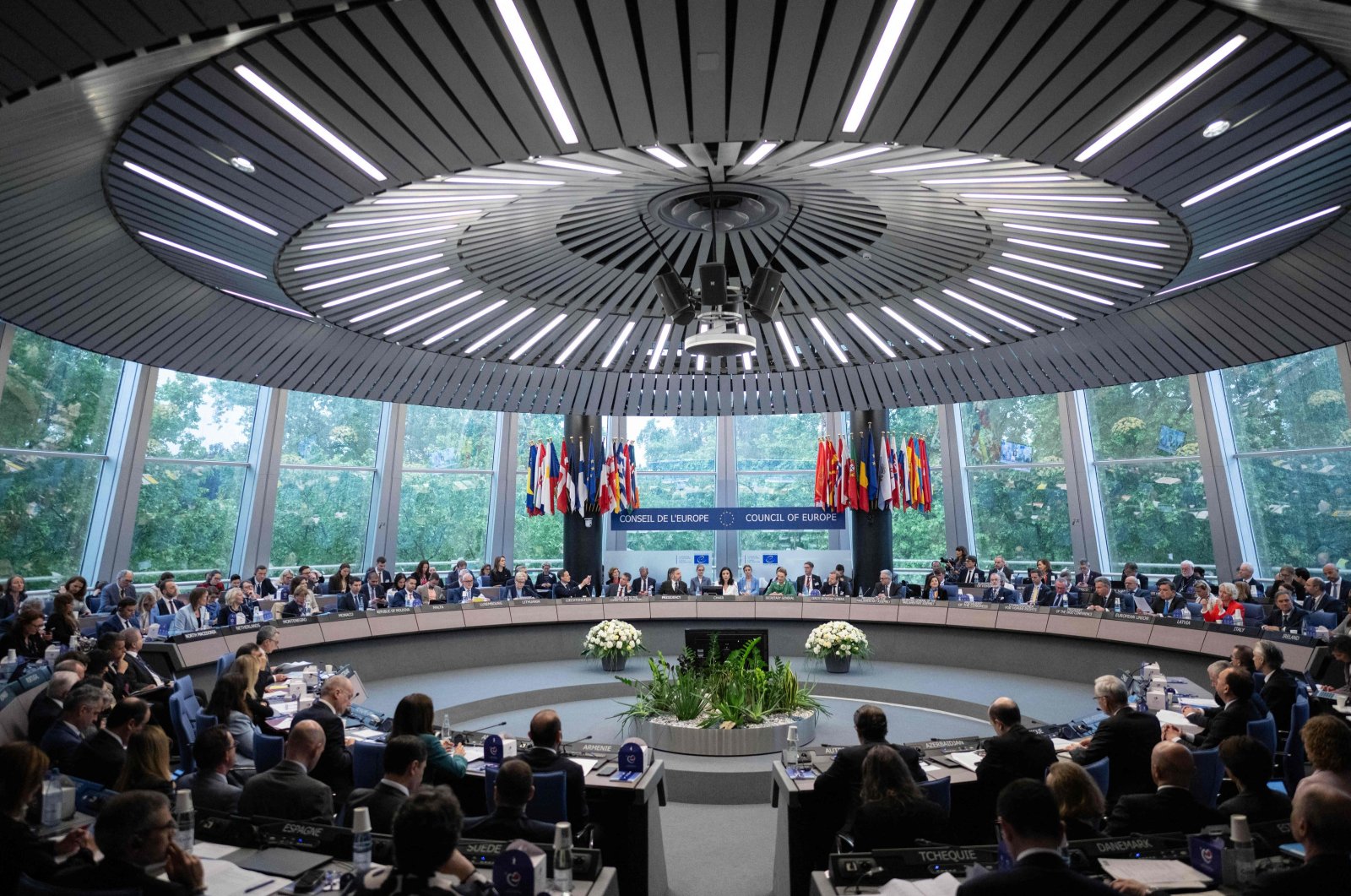Tech
Europe’s tech talent shortage threatens EU digital and green transition, warn industry leaders

Tech leaders are warning that Europe faces a tech skills shortfall. Estimates indicate only 12 million skilled professionals may be available, despite EU targets of employing 20 million ICT specialists by 2030.
They say urgent collaborative efforts between the public and private sectors are needed to tackle the skills gap or Europe’s digital and green transformation may be at risk.
The World Economic Forum forecasts that 70% of the next decade’s economic value will stem from digitalisation, and failing to bridge Europe’s could impede the EU’s strength in the global tech race, while undermine sustainable growth.
Europe boasts numerous strengths, including its high-quality education systems, which churn out top-tier STEM talent. Notably, Europe is home to 43% of the world’s leading life sciences universities, surpassing the United States’ share.
Collaborations between academia and industry have yielded ground-breaking advancements, with cities like Berlin, Paris, Dublin, Stockholm, and Barcelona emerging as vibrant tech hubs. Eastern Europe, too, positions itself strategically as a global hub for software engineering and tech talent.
Recent assessments highlight Europe’s potential to emerge as a frontrunner in AI talent. Over the past decade, the continent has witnessed a remarkable tenfold increase in AI professionals, outpacing even the United States in resident highly skilled AI experts.
However, Europe’s specialisation in AI lags other advanced economies, with China leading in sheer numbers of AI players. Despite this, Europe exhibits a higher proportion of research institutions engaged in AI activities compared to both China and the US.
Building a robust talent ecosystem
“Digitalisation will play a vital role in the global economic development. Sufficient ICT talent is crucial, if no special measures are taken, the target of 20 million will be unattainable,” said Jim Lu, President of the European Region, and Senior Vice President of Huawei, in his opening speech at the European edition of the 2023-2024 Huawei ICT competition, in collaboration with UNESCO.
The company is working with its partners to achieve a smooth transition towards ‘Europe 4.0’ – a digitised European Union of the future, in which everyone and everything will be connected. “Our aim is to help Europe achieve smart growth and build a better-connected Europe,” the company told Euractiv. Huawei says it continues to invest in access to quality education, digital infrastructure, improved digital skills and fostering STEM education.
Investing in young talent
Huawei currently works with universities to transfer ICT knowledge and skills to young people. “We will continue to work with European partners to build a more digital Europe through talent cultivation, and we will continue to support young talent,” said Lu told the audience.
He said the company strives to bring digital solutions to every home and company in Europe with the ambitious goal to realise a fully connected, intelligent world through telecom networks, ICT, smart devices, and cloud services.
Huawei has been in Europe for 24 years, and according to Copenhagen Economics, it has contributed €12.3 billion to the European economy and supported more than 140,000 jobs across the region.
As Europe continues to enjoy a favourable industrial environment, it remains the global competence centre for Huawei, a Huawei spokesperson told Euractiv.
Public-private sector collaboration
The company calls for a collaborative approach with governments and NGOs to address the ICT talent gap effectively.
One example of collaboration is UNESCO’s strategic partnership with Huawei. “The collaboration with Huawei exemplifies the role of the private sector,” said Soledad Patiño, Coordinator of the Global Skills Academy (GSA) at UNESCO, with Huawei publicly committed to achieving SDG 4, transforming education, and promoting new education pathways.
Patiño stressed the importance of initiatives like the Huawei ICT Competition which contribute to bridging the digital divide and nurturing individuals and communities to thrive in an ever-evolving landscape where digital skills are indispensable.
The Huawei ICT Competition started in 2015, and over the last eight years more than 700,000 people have participated in this competition globally. More than 700 students from 22 countries and over 100 universities in Europe participated in the 2023-2024 competition.
“As we look ahead to the future, I am confident that our partnership with Huawei will continue to yield positive outcomes and drive meaningful change in the lives of millions worldwide. Together, we have the opportunity to shape a world where digital skills are accessible to all and where every individual has the opportunity to realise their full potential,” Patiño concludes.Bottom of Form
[By Nicole Verbeeck I Edited by Brian Maguire | Euractiv’s Advocacy Lab ]










